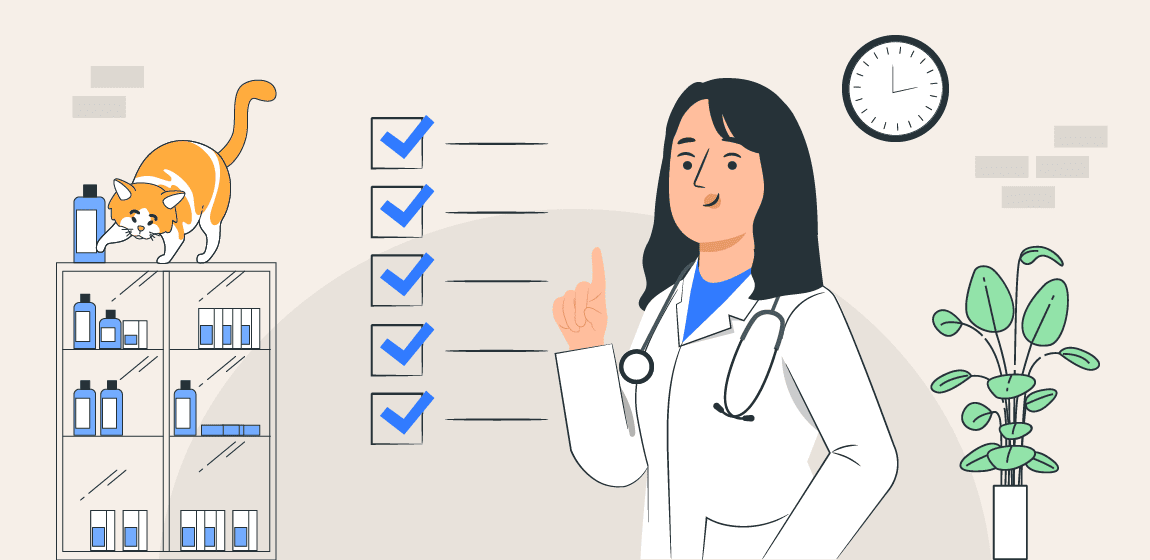A veterinary assistant’s role is varied and demanding. How can you recognize, in the short window provided by an interview, whether a candidate is appropriate? It’s a challenge – but asking pertinent questions can help you hire the best person for the role.
Your preparation
Prepare well to ensure the most appropriate candidates reach your interview room. Most importantly, write an accurate job description. Explaining the role will help potential applicants recognize whether the job is for them, saving you time in sorting applications.
It’s a challenge – but asking pertinent questions can help you hire the best person for the role.
Personality
The answers to interview questions are significant, but the ‘feel’ you get for the person you’re interviewing is equally valid. A good veterinary assistant will need emotional intelligence – look for this in the way they answer questions.
The Interview
Start with the basics – do you like animals? This may seem crazy, but the answer could be telling. Animal handling experience is an obvious advantage, but delve into what’s listed on the CV – a candidate may have worked in a zoo but only in the catering hall!
It’s important to investigate people skills. Clients need the whole team to communicate well because they care about their pet’s health. Open questions such as ‘tell me about…’ give your candidate time to elaborate so you can determine their communication skills and personability.
It’s wise to ask some direct, closed questions too, like ‘do you feel able to assist with euthanasia?’, or ‘do you mind cleaning up diarrhea?’. Most candidates will know what the answer should be, but the way they deliver their answer could be revealing.
A sense of the candidate’s ambitions is useful – will they remain in the job long term?
The Result
With suitable preparation ahead of time, and carefully crafted questions during an interview, a useful and committed team member could be improving the efficiency of your practice very soon.




